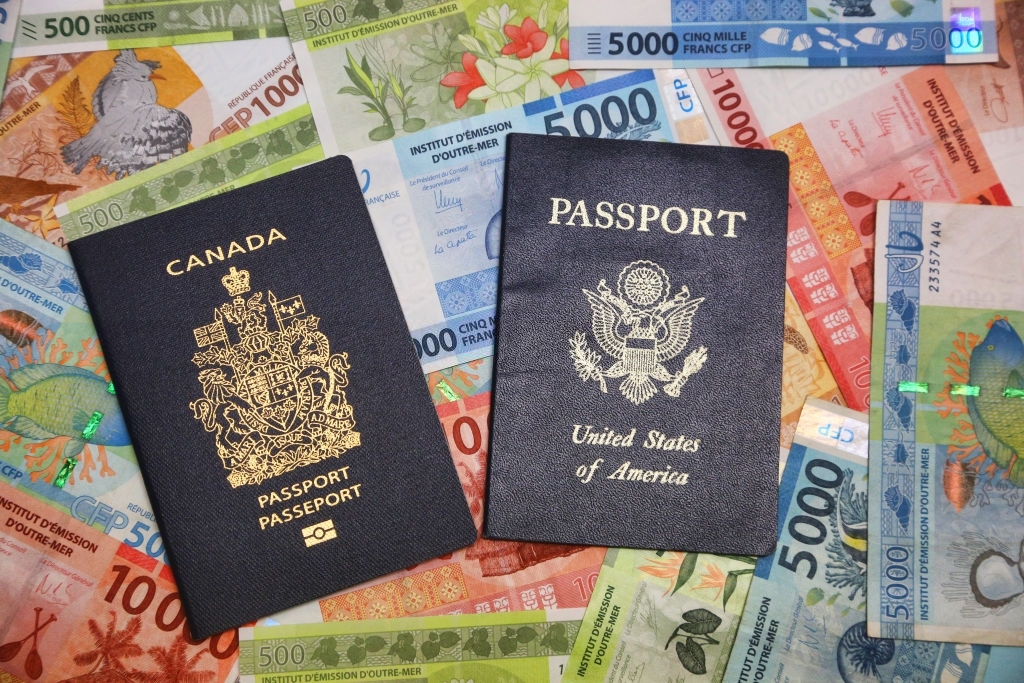
It’s common to miss home at times during your study abroad, especially when you’re experiencing a different culture to the one you’re used to.
Impact of culture shock on international students
Culture shock is when you become overwhelmed by uncomfortable or confusing surroundings. Some effects can be physical, like headaches, and other effects are psychological, like feeling sad. It may be one thing in particular that makes you uneasy, or a whole host of new sights, sounds and tastes that aren’t what you’re used to.
The good news is that not everyone experiences culture shock, and if you do there are easy ways to overcome it and become more comfortable no matter where you choose to study; then you can get back to enjoying your new experiences.
How to deal with culture shock
Local customs
When you first arrive abroad you may be jet-lagged and tired from the journey, which can add to a general feeling of culture shock as you try to understand your new surroundings. People may not be speaking a language you know, or it may be particularly loud and hectic, and you may feel anxious as a result.
Researching what to expect from any country you’re thinking about studying in is a good way to know if it’ll be right for you. Try to find out the cultural dos and don’ts or attitudes that may be different from your home country. Knowing these in advance can help you start processing anything that might shock you.
Food
You may find that the food in the country you’re studying in is not to your taste. Often the types of cuisine you’ve become accustomed to for breakfast, lunch and dinner won’t be the same in other parts of the world. When the food on offer is particularly unappealing to you it can be difficult to feel comfortable and healthy.
It’s best to give the new cuisine a try rather than avoid it altogether, and you may find yourself with a new favorite food. Take a stroll around grocery stores or markets to get a clearer idea of what food is readily available and how best to cook it. If you’re in the mood for some comfort food, see if there’s anything similar to what you’d have at home to cook in your accommodation.
It could be useful to head to university with some of your favorite snacks to eat, or get people from home to bring some if they visit you. Always check which foods are allowed to be brought into certain countries, or you may find yourself having to dispose of it at the border.
Travel
It can be very frustrating to not know how transport works. Knowing if you have to validate your ticket before travelling, or the cheapest ticket to get, can leave you reluctant to go exploring for fear of doing something wrong.
When you arrive in a country, some universities will meet you with your transport to the university. If not, they’ll be happy to give you instructions on how to get there. You can always ask the international office at your university for the best ways of getting around a city, or for the name of a reputable taxi company.
Talk to someone about your experience
If you don’t know how something works or how to do something in your new country, then ask people. You’ll be surrounded by other students experiencing similar culture shock and confusion, or you can talk to people you live with in student accommodation. Both will be willing to help and make your time studying abroad easier.
Friends and family from home will be keen to talk to you about your new study abroad adventure, so catch up with them regularly on the phone or with video calling. Talk about the things you love about the new country as well as the things that you’re not so fond of.
Your university is also there to support you, including your general well-being. If you’re feeling particularly overwhelmed by any situation it’s important to talk to them about how you’re feeling.






